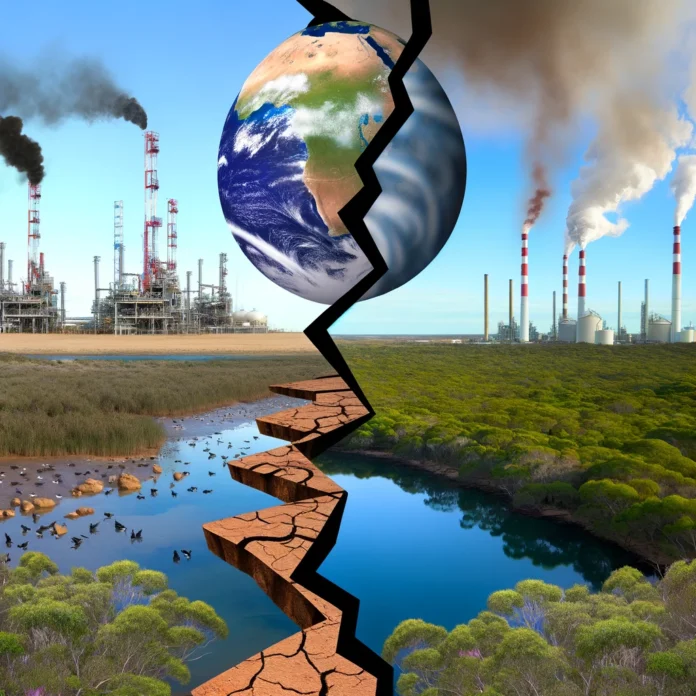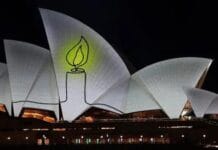Australia faces a critical choice between economic expansion and environmental preservation as it continues to ramp up fossil fuel production, despite global pleas for a reduction. This article examines the dichotomy within Australia’s energy and environmental policies, highlighting the tension between short-term economic gains and long-term climate goals.
Economic Prioritisation
The Australian government’s recent decision to enhance gas production for domestic needs and international trade, particularly with Chevron and Woodside Energy in Western Australia, underscores a prioritisation of economic growth over environmental concerns.
Global Climate Impact
Critics argue that increasing gas production directly contradicts international climate goals, as gas is a significant contributor to global CO2 emissions. This policy could jeopardise global efforts to cap temperature rises to 1.5°C, essential for mitigating severe climate impacts.
Public and Scientific Opposition
The strategy has faced backlash from environmental groups and scientists who warn that relying on gas as a transition fuel could lock in higher global warming levels, with catastrophic consequences.
Australia’s approach reflects a broader global challenge of balancing economic development with environmental sustainability. As the world moves towards renewable energy, Australia’s current trajectory might undermine both its international reputation and its environmental commitments.
Further Reading and Resources
- Climate Analytics – Insights and reports on climate change science and policy analysis.
- NSW Government – Australian Climate Change Observations – Evidence and data on climate change observations in Australia, highlighting warming trends and impacts.




